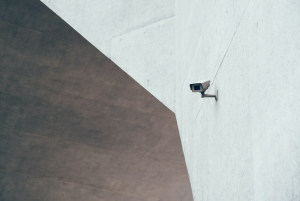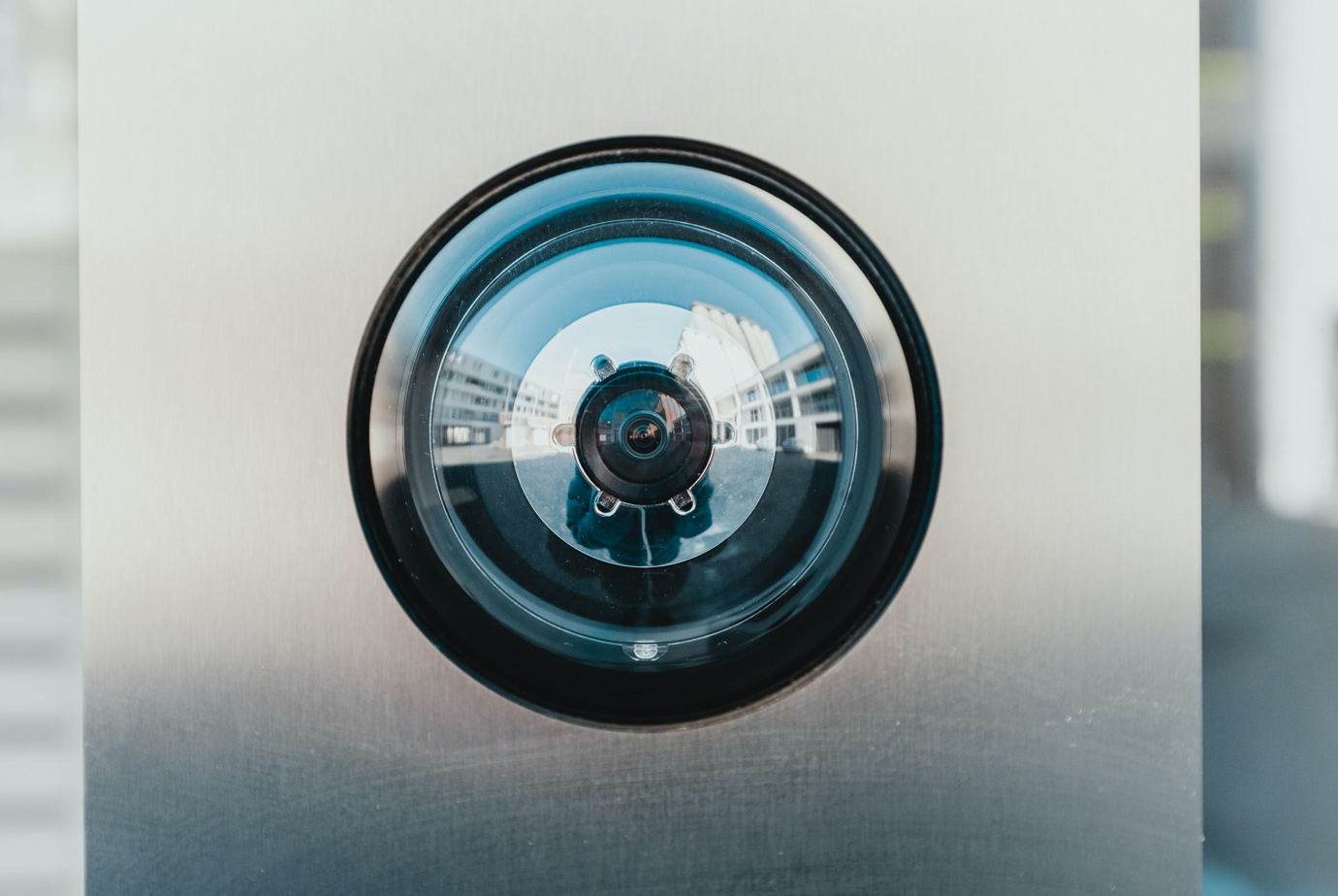If you want to make your home safer and more secure, you are allowed to place hidden cameras in your home. Of course, if you don’t want to hide them, you don’t have to.
When it comes to your property or rental property, you will want to do everything you can to make it as safe as possible and avoid burglary, vandalism, or a violation of your rights.
However, the problem is that people aren’t always informed of how far they can go to protect themselves and their properties. Specifically, it’s hard to know how far one can go when it comes to privacy and surveillance – especially if you’re renting or don’t technically “own” the property.
In short, you should be familiar with the law before you place surveillance cameras on your property. Here’s everything you need to know about condo surveillance and your rights.
Why install a hidden surveillance camera in your property?
If you want to make your home safer and more secure, you are allowed to place hidden cameras in your home. Of course, if you don’t want to hide them, you don’t have to. However, if you prefer hidden surveillance cameras, you can easily install them. You are not required to have a warning sign stating “security camera” in use. This concept is rather similar to the one of “nanny cams”. These are used by parents who want to monitor their babysitters.
If, for any reason, you feel unsafe in your home, you will naturally want to do everything to protect yourself and your family. You could consider investing in a smart home or opt for something a bit simpler. Installing surveillance cameras is a rather simple step that will make you feel safer and more protected, instantly. Of course, there are plenty of other reasons you may want to install surveillance cameras. You could want to monitor your children or your dog while you’re at work. You may have a restraining order against someone and want to ensure they don’t come near your home.
These are all valid reasons for the installation of surveillance cameras. The great thing about the surveillance cameras is that, in the case of an incident, the video captured on them can be used in court. You will have solid evidence against the person breaking the law inside your home. You should be careful though, since, in some states, the use of a video that captures audio is prohibited.
What’s the rule on audio surveillance?
Let’s look at audio surveillance in a little more detail. Say you want to use a camera to record a conversation, federal law states you must have “one-party consensus”, whereby at least one of the parties must be made aware of and consent to the recording.
According to Sentel Tech Security, states that require two-party consent include California, Connecticut, Florida, Illinois, Maryland, Massachusetts, Montana, New Hampshire, Pennsylvania, and Washington. (Hawaii allows one-party consent for audio recordings, but it requires two-party consent if the recording device is located in a “private place.”)
Home surveillance and the law
When it comes to surveillance cameras installation, the most important features are the intention and the placement of the cameras. The possible motivation for the surveillance cameras has already been discussed and the potential legal reasons could be fear of burglars or the existence of restraining order among other things. On the other hand, if you decide to install surveillance cameras in order to blackmail someone, for instance, if you suspect your partner is having an affair, this is violating your spouse’s privacy rights and wouldn’t stand up in court.
Some of the most critical areas where you should never install surveillance cameras are “expected privacy places”. These are places where people are usually totally or partially undressed. Because of that, videotaping people in their bedrooms, bathrooms, dressing rooms, changing rooms, or showers is considered illegal.
When it comes to the place where you’re going to install a surveillance camera, you need to be careful, too. Rooms like the bedroom and bathroom are just some of the spaces where surveillance cameras are illegal. If you think about it, it does make sense, no one likes being spied on, which is one of the reasons the legality of drone surveillance has often been questioned. You also aren’t allowed to place cameras so that they point to your neighbor’s home. To avoid breaking the law on your side, all you should do is get the cameras for the right reasons, let people know there are cameras in the house (if you don’t live alone), and place them strategically.

What if I want to rent out my condo?
Okay, so we’ve worked out that it is legal to install surveillance cameras in certain public areas of your home, so long as you are not doing it to spy on people without their consent. But, what if you rent out your property or often house Airbnb guests?
According to the law, if you open your condo or home to Airbnb guests or short-term or long term tenants, it is still NOT legal to spy on them. Known as the “reasonable expectation of privacy” clause, Darren Robertson, a real estate agent at Northern Virginia Home Pro, told us that this rule states that hidden cameras are not legal in private situations, which includes bedrooms and bathrooms of a rental property. If you are insistent on having cameras in your rental property, you must notify your guests before they book to stay at your home and they must agree to being filmed. We’re guessing that most people will think of this as a big invasion of privacy though – and the majority will choose to find somewhere else to stay.
What if employees work at my property?
If your property is considered a workplace – i.e. if you have employees at your house, babysitters, or cleaners – you have every right to install a surveillance camera. That being said, the “reasonable right to privacy” clause is still applicable, so if you violate their privacy on the job, they have a right to sue you.
Another thing worth mentioning is that you are not allowed to place hidden cameras in public places. You can’t install cameras in places such as hotel rooms, restrooms, and changing rooms unlike parks and streets which are completely the opposite.
Conclusion
Surveillance cameras can do a lot for you. They can help you in many ways since they can be used in a court as evidence. On the other hand, they can also be used as a reason to sue you if you use them incorrectly. To make sure you’re using them right, get familiar with the law and avoid making any potential mistakes.


Join the conversation!